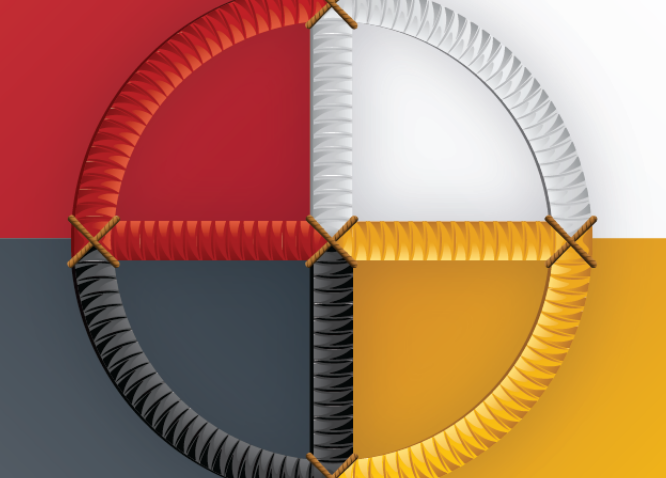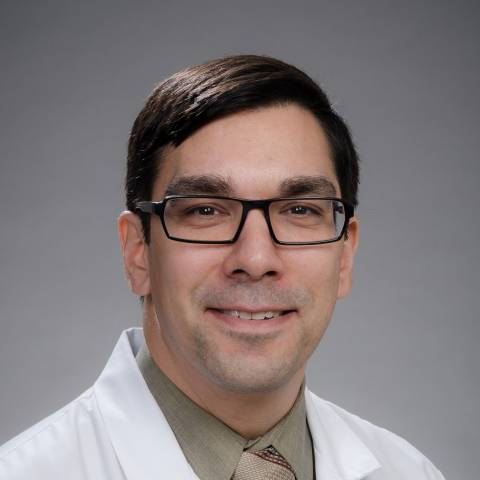
Prioritizing Native Health
November is Native American Heritage Month, celebrating the diverse cultures, traditions, histories and contributions of Indigenous peoples in the United States.
 “It’s been well documented that if a patient is cared for by a doctor who looks like them, is from their culture, and understands them and their family that they are more likely to trust that person and follow their recommendations,” says Jason Deen, MD, FAAP (Blackfeet), associate professor of pediatrics and medicine (Cardiology) and vice chair for equity, diversity and inclusion in the Department of Pediatrics.
“It’s been well documented that if a patient is cared for by a doctor who looks like them, is from their culture, and understands them and their family that they are more likely to trust that person and follow their recommendations,” says Jason Deen, MD, FAAP (Blackfeet), associate professor of pediatrics and medicine (Cardiology) and vice chair for equity, diversity and inclusion in the Department of Pediatrics.
Unfortunately, for many American Indians and Alaska Natives, it’s difficult to find a doctor who understands their culture or background, in part, because there are so few Native physicians. Moreover, many people within these communities experience profound health inequities and face multiple systemic barriers to accessing the care they need.
The Indian Health Pathway trains physicians to provide culturally humble care for Indigenous people. The first Native American to graduate from the UW School of Medicine, Dr. Walt Hollow, a member of the Assiniboine and Sioux Tribes, started the Indian Health Pathway in 1992, making it the longest running pathway at the School of Medicine.
“As an institution, we can augment the number of Indigenous physicians who are caring for these communities and augment the training of non-Native allies who are destined to work in Indian country,” says Deen, who is also the current director of the Indian Health Pathway.